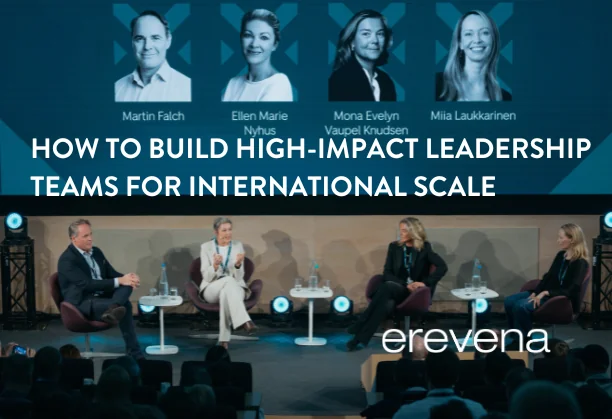Are we seeing a resurgence of the Marketing function as the true customer owner in Fintechs…
Over the last 15 years, tech businesses have disaggregated the marketing function in ways that have fundamentally changed its role.
The idea that “Product owns the customer” has left marketing struggling to find its identity and confined to a budget holder, rather than what it is in other industries: a strategic function that shapes value, not just communicates it.
Look at consumer goods. At Procter & Gamble or Unilever, marketing isn’t a support act, it runs the business. A brand manager is a P&L owner. They don’t just market a product, they define its reason to exist, its value proposition, and its emotional and functional relevance.
The Product-First Fallacy in Fintech
In tech, and especially fintech, we’ve told ourselves a different story:
- That innovation is about reimagining what customers want, not responding to what they already do.
- That Product “owns” the customer because it builds the product and defines what customers will find valuable.
That mindset works if you’re inventing something totally new. But a lot of FinTech innovation over the last 20 years isn’t that. It’s innovation on products and concepts that existed for decades – being delivered to customers in a more democratised, and accessible way. Credit, payments, bank accounts – we’re not reinventing the concepts. We’re radically improving how they’re delivered. Which means understanding the customer deeply isn’t optional, it’s everything.
Marketing’s Moment: Stepping Back Into Commercial Leadership
This is the moment for marketing to step back into its full commercial role in fintech. To lead on customer insight, define the value proposition, shape the reason for customers to become and remain customers, and connect the dots from the first touchpoint to full customer engagement.
In fintech, however, “product” is often split between technical experience and financial mechanics, things like pricing, interest rates, credit structures. Often, those commercial aspects sit far from the technical product org. And that fragmentation creates a vacuum.
Marketing can fill it. And we’re already starting to see that shift in consumer fintech, and also in SME categories.
The Rise of Growth and Customer Officers
This year has been about the ramp up of Chief Growth Officer and Chief Customer Officer hiring. This means moving away from marketing as a budget holder to Marketing as a commercial P&L holder, shaping the narrative, the value proposition as well as the demand and retention strategy. In SME, rather than trying to sit Marketing as a subservient function to a Chief Revenue Officer, businesses are putting Marketing as a peer to revenue. They’re moving away from trying to thread the needle between no-touch self-serve velocity sales, and mid-market and enterprise sales. Instead, they’re giving Marketing the full no-touch P&L. This makes total sense in any business that is highly consumerised – regardless of whether the motion is D2C, PLG or SME. B2B is also upping the anti, as more high quality marketers move in this direction and bring principles of storytelling into the B2B sphere – perfect timing for the AI revolution where value proposition, reason for being and differentiated content and perspective will be the only things to cut through the AI machine.
Marketing as the Heartbeat of Value Creation
What excites me is that we’re starting to see all these shifts: CMOs reclaiming customer ownership. Growth roles that look like full business leadership. And perhaps, in time, more CEOs who come from marketing again, not because they know how to spend, but because they know how to build relevance, connection, and value at scale.
Marketing isn’t just a demand engine. It’s the heartbeat of why a product matters. And that’s something worth owning again.
About the Author:
Maria Josife leads the European FinTech group at Erevena, with a focus on Consumer FinTech, InsurTech, Payments, Open Banking, Banking Technology, and Data and Fraud Detection. With over 20 years of executive search experience, she is also actively involved in the firm’s Board practice, specialising in CEO and Founder succession in both FinTech and Digital sectors.
Since joining Erevena in 2012, Maria has led numerous CEO appointments and works across a wide range of clients in Consumer and B2B industries, particularly in General Management, Operations, and Commercial Leadership roles. Recent clients include FinTech companies like Moneybox, Preqin, Clark, Moonfare, Monavate, and FastSpring, as well as CEO placements with companies such as Polarsteps, Huboo, Jodel, and CountingUP. She has also worked with high-profile clients like Nutmeg (acquired by JP Morgan), Bought By Many (EQT, Octopus), Curve (IDC), and Ingenico (Apollo). Maria collaborates with leading funds, including Balderton, Advent, and Vitruvian Partners.
Share this article:













